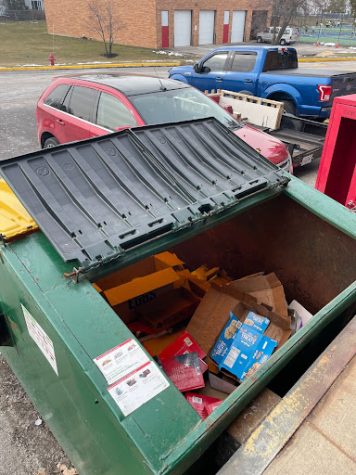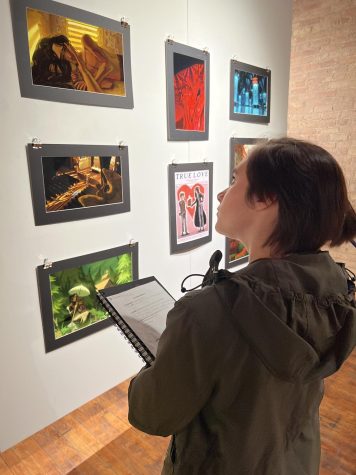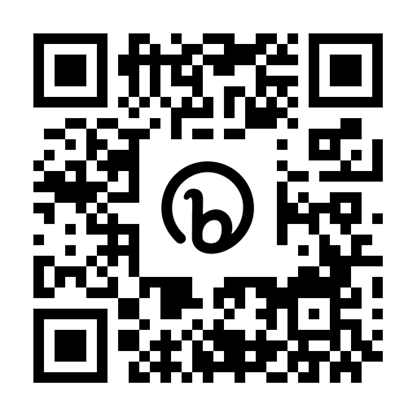Students can start interning now
December 11, 2018
Imagin
e being able to work one-on-one with those in a career field you are interested in pursuing. You know internships offer a way to do this, but you think this is more of a future goal.However, MHS provides a way for students to get involved now as high school students, and it is as easy as signing up with your counselor for the Student Internship class.
“When I think [of Student Internship], the one word that jumps into my head is the word ‘opportunity,’ Student Internship Teacher Kent Meister said. “Students are given the opportunity not just to shadow and go on a site to learn about a career they might be interested in but actually talk with professionals and to have conversations to learn about a career path.”
Meister added, “I so often have students go to a site and think, ‘Hey, I know what this particular job is all about’ and then quickly realize there’s so much more to it.”
Right now Student Internship has nine seniors involved. The class takes up seventh and eighth period each day. On Mondays and Fridays, students meet at the school for lessons with Meister, and on Wednesdays through Thursdays, students go to their separate internships.
“I have had some friends older than me take the class and told me how great of an experience it was,” said senior Lexi Kasamis, who is interning with a first and second grade self-contained special education class at Fremont Elementary School. “Since I was little, I wanted to be a teacher and felt this opportunity would be great hands-on experience.”
Kasamis, like many high school students, has identified a possible career path that interests her. The Student Internship class, then, allows students to experience the routine of someone who works within that career.
“At a young age, it’s really hard to know what you’re passionate about…but sometimes these conversations in a professional environment with professionals in a field might reveal to you, like ‘Oh my gosh, I’m not as passionate about this as I thought I was.’ So, I want them to walk away learning a little bit more about themselves,” Meister said.
Because the internships vary and are driven by the individual’s interests, each student gets something different out of the class that he or she can take into future endeavors.
“I’ve had students walk away discovering that passion is what should drive a career choice,” Meister said. “[For example], a student might say, ‘I’m really passionate about skateboarding’… and students can walk out of this class saying, ‘Hey, I learned how to work my passion of skateboarding into working for a skateboarding business,’ so every student walks out with something different.”
Along with learning about a career each student would like to pursue, students also develop other important workforce skills, such as interviewing, finding one’s passions, understanding the differences between soft skills and hard skills and using various communication techniques.
“Every student walks out with something different,” Meister said. “Some students learn about their passion; some of them learn about their interviews. Some of them learn about soft skills.”
Meister also said he found “students naturally gravitate toward different content topics.”
“I got to be able to experience all the points of interviewing,” said senior Shannon Lampi who is interning with the Washington Elementary School nurse. “That will help me in the future in making it easier from already knowing how it’s going to be while someone is interviewing me.”
Students have the option of taking the class for one semester or for the entire school year. Either option provides students with the opportunity to make professional connections that could help during future job searches.
“I’ve talked to a lot of internship students at the end of the class who have said, ‘This was the best class I ever took’– not because I’m a great teacher but because it taught them so much,” Meister said. “It was so practical to them; it was so real, and it had meaning.”
However, despite students having positive experiences with the class, many still do not know it’s a course offering.
“I guess the one thing I would say is that more students should take [the class],” Meister said. “One word that strikes me about this class is opportunity. It’s like there’s no other class that really allows students to do as much as they’re doing.”
Meister said sometimes people think the class is just a job-shadowing, which is observing someone on the job rather than participating in the job.
However, he said, “It’s not a job-shadowing; it’s so much deeper than that.”


